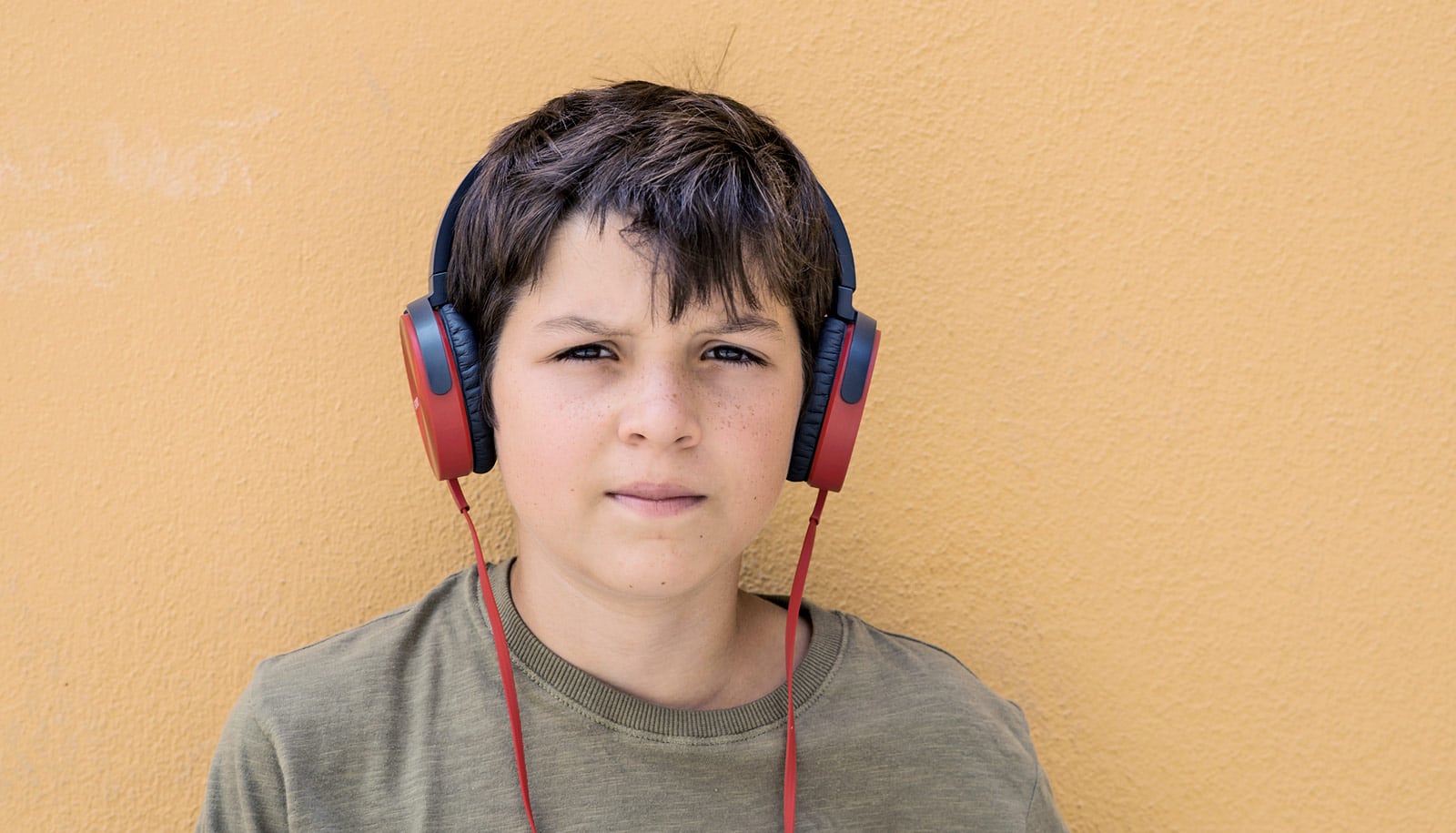New research links a close, supportive relationship with parents, especially fathers, at key points during adolescence with fewer adjustment issues.
The researchers examined how “parental intimacy” in families with mothers and fathers affected the children’s self-esteem, weight concerns, and depressive symptoms at different points across adolescence.
They found that closeness with fathers had broad, positive effects across adolescence for both daughters and sons. But while close relationships with mothers also had benefits, they were more limited by their children’s age, and weren’t protective against all the adjustment issues measured in the study for both girls and boys.
The findings suggest that while close relationships with moms are certainly important, fathers may play an important, distinct role in fostering healthy adjustment in adolescents, says Anna Hochgraf, a doctoral candidate in human development and family studies at Penn State.
“Adolescents tend to feel emotionally closer to their mothers than to their fathers and mothers tend to have supportive conversations with their children more frequently than fathers do,” Hochgraf says. “This may make emotional closeness with fathers more salient and, in turn, protective against these common adjustment problems experienced during adolescence.”
Adolescence is a tough time
According to the researchers, adolescence is a period of development that includes many biological, cognitive, emotional, and social changes that can lead to certain adjustment issues, with weight concerns, low self-esteem, and symptoms of depression being some of the most common, especially for girls.
But, previous research has also shown that close relationships with parents have the potential to help protect against the development of some of these problems. Hochgraf says she and the other researchers wanted to explore the topic further, breaking the results down by participants’ age, gender, and relationship with each parent.
“We wanted to investigate when during the course of adolescence intimacy with mothers and fathers becomes a protective factor for body image concerns, depressive symptoms, and low self-esteem, and whether intimacy is more strongly associated with positive adjustment at some ages than at others,” Hochgraf says. “We also wanted to see if patterns differed for girls and boys.”
The researchers recruited 388 adolescents from 202 two-parent families with both fathers and mothers for the study. Data was gathered at three checkpoints when the participants were between the ages of 12 and 20, and included information on participants’ weight concerns, symptoms of depression, and self-esteem, as well as measurements of intimacy between parents and their kids.
The researchers measured intimacy by having the participants answer questions such as how much they go to their mother or father for advice or support and how much they share inner feelings or secrets with them. The adolescents responded with a score ranging from one to five.
Hochgraf says it was important to gather data at several points in time because problems with adjustment, as well as relationships with parents, can change and develop swiftly throughout adolescence.
“Rather than assume that the associations between parent-adolescent intimacy and adolescent adjustment problems are static across adolescence, we studied changes in these links as a function of age,” Hochgraf says. “This approach enabled us to determine at which ages parent-youth intimacy may be most protective against body image concerns, depressive symptoms, and self-esteem.”
A close relationship with dad
After analyzing the data, the researchers found several different effects of parental intimacy on their sons and daughters at different times throughout adolescence. These effects were also different between mothers and fathers.
“For example, while father-adolescent intimacy was associated with fewer depressive symptoms across adolescence, mother-adolescent intimacy was associated with fewer depressive symptoms during mid-adolescence, around age 15,” Hochgraf says.
They also found that father-youth intimacy was associated with fewer weight concerns for both girls and boys throughout most of adolescence, with the greatest effects in mid-adolescence for girls and late adolescence for boys. In contrast, mother-youth intimacy was only associated with fewer weight concerns for boys, and only in early adolescence.
Additionally, father-youth intimacy was associated with higher self-esteem from early through mid-adolescence for both boys and girls. Mother-youth intimacy was associated with higher self-esteem across most of adolescence for girls, and during early and late adolescence for boys.
Hochgraf says the study, which appears in the Journal of Family Psychology, underscores the importance of parents being close, open, and supportive with their children.
“Parents can promote their adolescents’ healthy development by fostering emotionally warm, accepting, and supportive relationships with them,” Hochgraf says. “There are a number of evidence-based, family-centered prevention programs that can help parents improve or maintain positive relationship quality and communication with their children throughout adolescence and that have been shown to prevent multiple adolescent adjustment problems.”
The National Institute of Child Health and Human Development, National Institute on Drug Abuse of the National Institutes of Health, and the Prevention and Methodology Training Program helped support this research.
Source: Penn State



